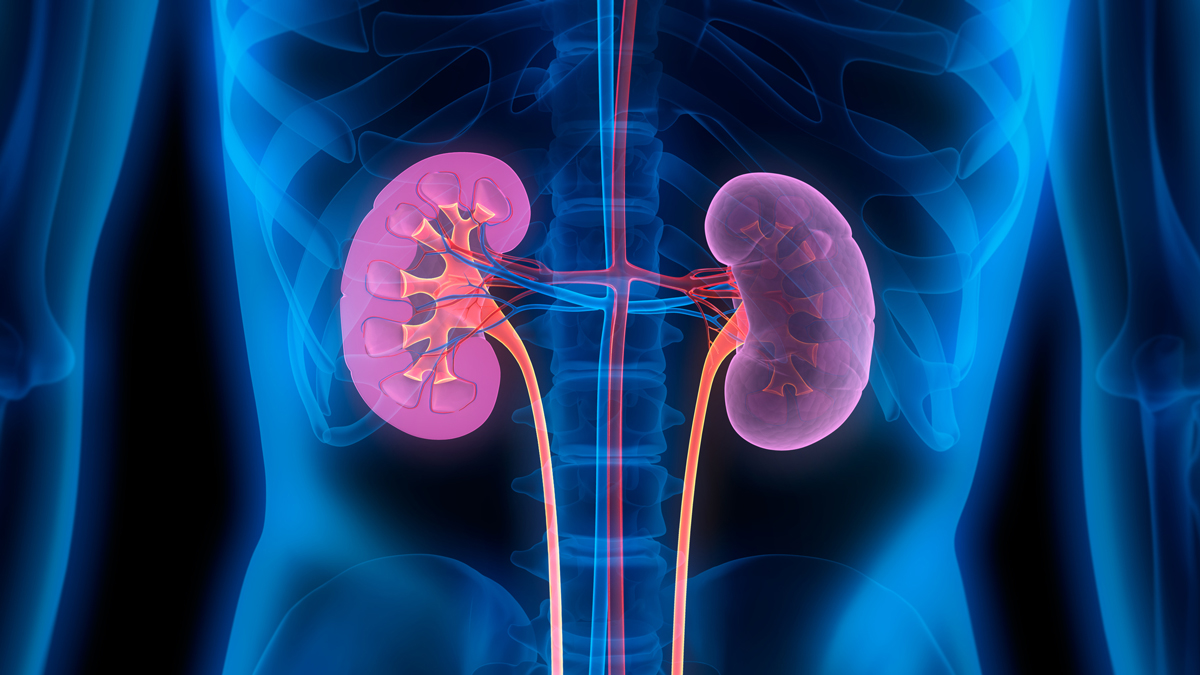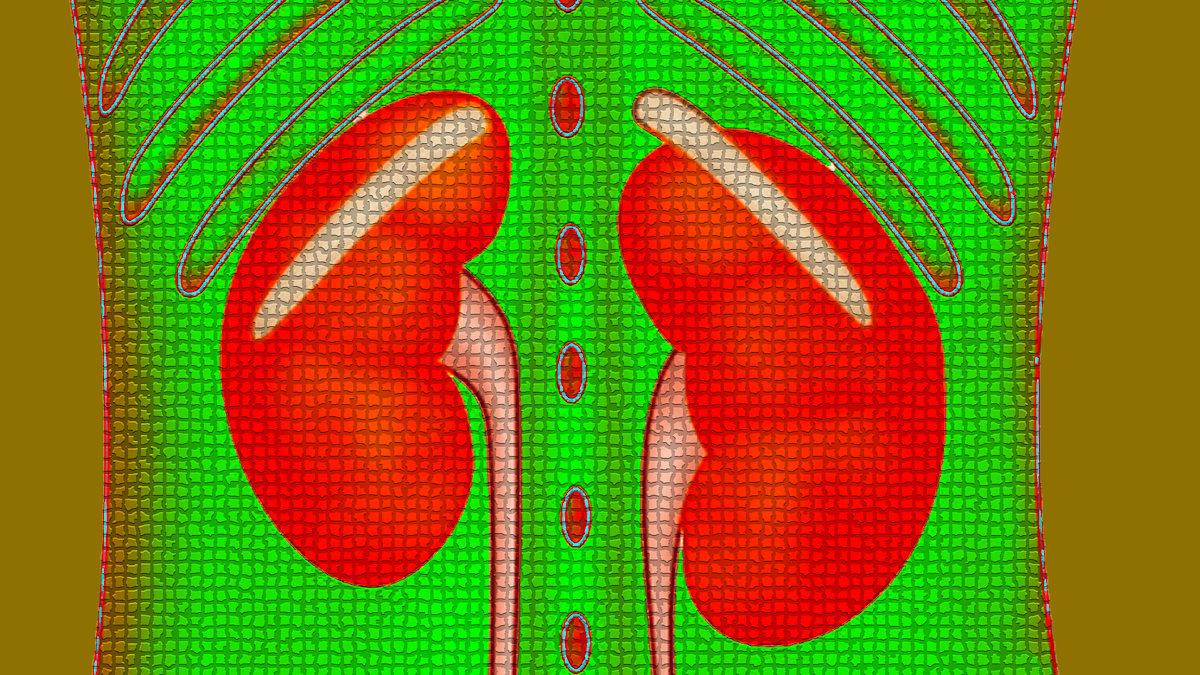Study warns of chronic kidney disease timebomb

Up to one in six people in eight industrialised nations could be suffering from chronic kidney disease (CKD) by 2032, with dire consequences for “patients, [the] planet, and economies,” says a new study.
The AstraZeneca analysis, called Impact CKD, predicts that between 11.7% and 16.5% of people across the US, Brazil, the UK, Spain, Germany, the Netherlands, China, and Australia will have CKD in that year, according to a presentation at the World Congress of Nephrology (WCN) in Buenos Aires, Argentina.
CKD is becoming an emerging global health crisis that is on course to become the fifth leading cause of death by 2040, placing an enormous strain on health systems. Estimates are that it could account for around 7% of total healthcare budgets, and more than a quarter (25.7%) in some countries.
Impact CKD suggests that the CKD population will reach 125 million across the eight countries by 2032, a 25% increase, with advanced CKD cases rising even more quickly, at a rate of around 59%. A key problem is that up to 90% of people living with CKD don’t know they have it, missing out on early treatment that could prevent progression to dialysis and kidney failure.
AZ says the study is the first to model CKD at this level of detail and aims to provide insights and recommendations to limit the clinical, economic, societal, and environmental burdens associated with the disease. It uses patient-level simulation, creating one million individual patients based on country population size, covering the entire CKD pathway from primary care to end-of-life care.
The economic toll of renal replacement therapy, including dialysis and transplant, is anticipated to reach approximately $186 billion by 2032, driven by the rising need for dialysis equipment and services, which are expected to shoot up by over 75%, over that period. Lower productivity will also hit GDP as patients miss 2.85 billion days and caregivers miss 327 million work days, according to the analysis.
CKD will also contribute significantly to healthcare’s carbon footprint, estimated to be equivalent to adding approximately 17.3 million cars’ worth of CO2 emissions, according to AZ.
The pharma group – whose SGLT2 inhibitor Farxiga/Forxiga (dapagliflozin) was the first in the class to be approved for use in people with CKD in 2021 – recently launched the Accelerating Change Together (ACT) for CKD, encompassing a series of studies and initiatives designed to improve understanding and outcomes of CKD worldwide.
Other elements of the programme include the Reveal-CKD study, looking at the extent of underdiagnosis and the clinical impact of an early diagnosis, and the Inside-CKD analysis modelling future prevalence, disease burden, and healthcare use and costs, and the benefits of screening.
“Our modelling emphasises the enormous impact CKD could have on patients, economies, and the environment,” commented Ruud Dobber, head of the biopharma business unit at AZ.
“But this future is not inevitable,” he added. “We are committed to working with global policy makers to reduce the worldwide impact of end-stage CKD and drive earlier diagnosis and treatment to slow or halt progression of the disease.”













